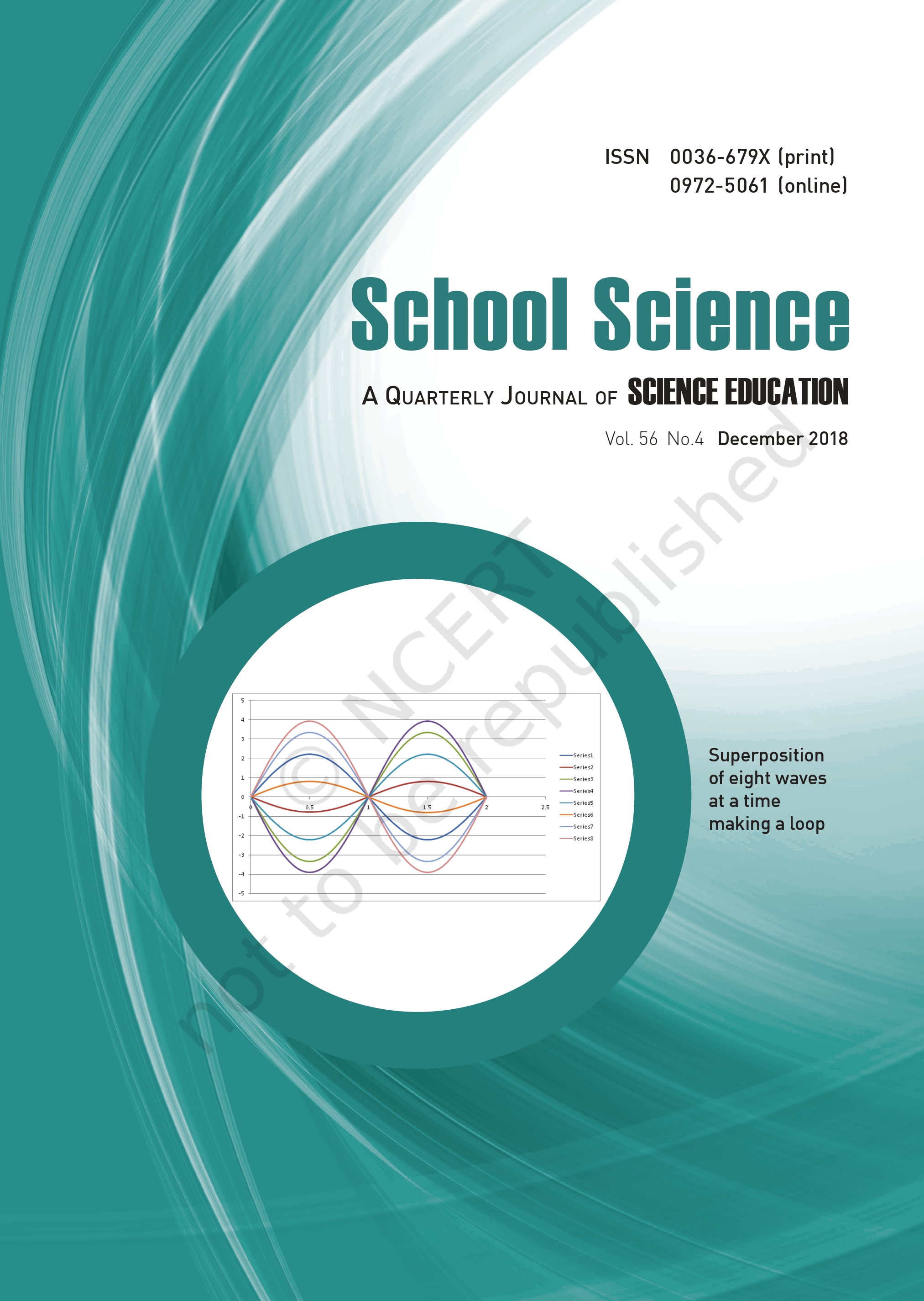The Relationship between Psychological Stress due to the Socio-Economic Status (PSSES) of Learners and their Achievement in Science

Published 2018-12-31
Keywords
- parental orientation,
- teaching-learning process,
- first-generation learners
How to Cite
Abstract
The National Curriculum Framework (NCF), formulated by NCERT in 2005, serves as a guideline for syllabi, textbooks, and teaching practices for schools in India. With many years past its implementation, it becomes imperative to ensure its effectiveness, especially at the rural level and identify areas for improvement. A survey was conducted by visiting a rural school in Delhi with students from predominantly weak socio-economic backgrounds. The researcher interacted with learners and gained insight into the school system, teachers, and learning environment. One needs to look at science education from a psycho social perspective i.e. factors that intervene in the learning of science. This becomes especially important for the rural students who comprise a major section of school going population. Since these students come from background characteristic of first generation learners, little to no understanding of science education and low nutrition etc. In order to get a first-hand experience of factors affecting the learning process of science directly or indirectly among learners is crucial to ensure its benefits are reaped at grass root level and to find out gaps, if any, for further interventions This research study investigates the gaps in science learning due to psychological stress in children from weak socio-economic backgrounds and related factors in Indian schools. We found that stress negatively impacts learners’ performance in science and an alarmingly high level of learners self-diagnosed with stress and related psychological problems. In addition to this, the relationship of perceived autonomy and self-regulatory behaviour were found to influence science performance positively. It is noteworthy, that in this study we found nutritional habits and family type (joint/nuclear) greatly influence science performance stress levels, perceived autonomy and regulatory behaviours in learners. The paper discusses these factors at the theoretical and policy levels, intending to provide recommendations improve science literacy despite the social background.
